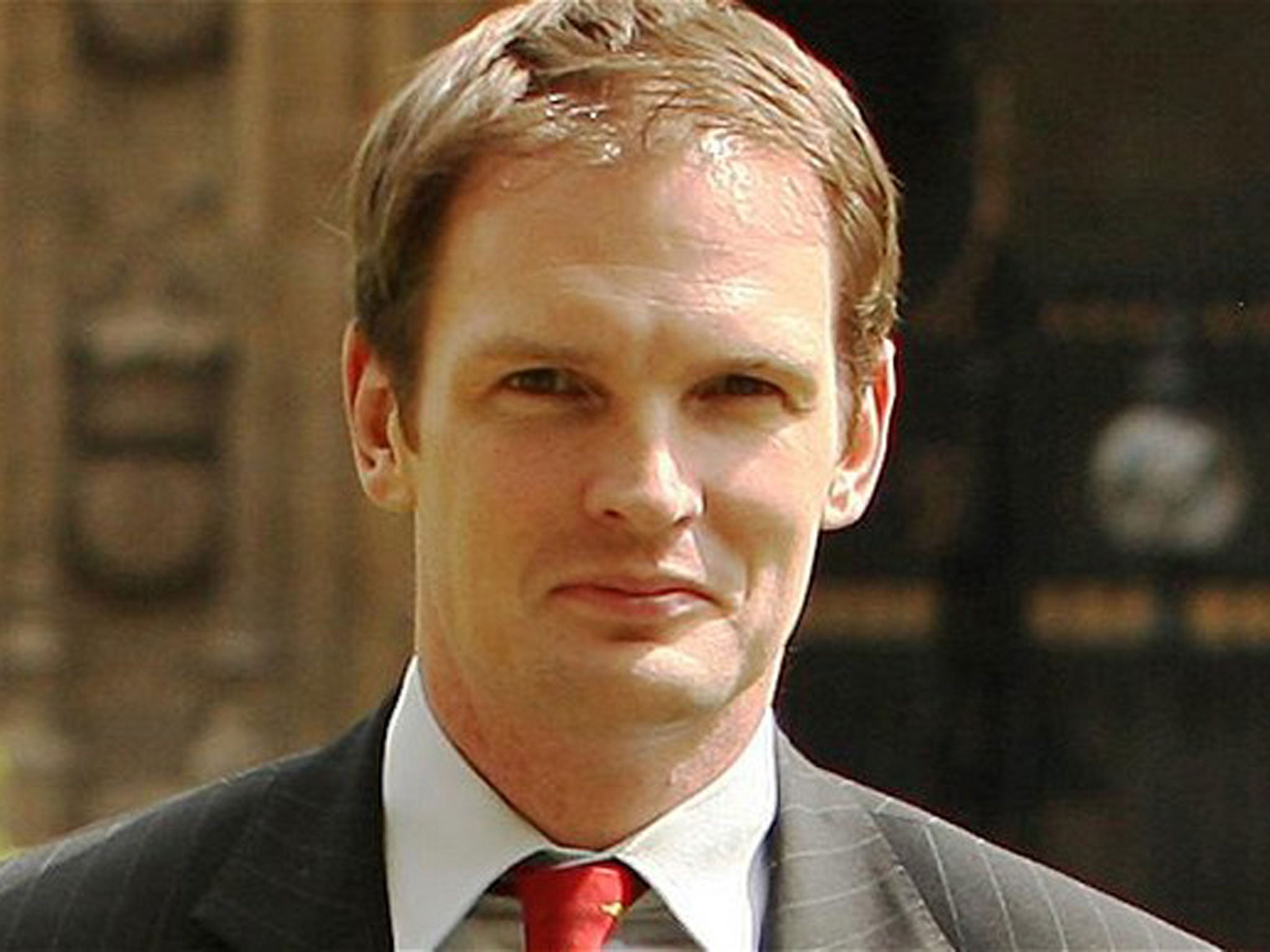Defection fever has hit the Commons… and Keir Starmer should be delighted
MPs who cross the floor are a rare breed, so the growing clamour to swap parties ahead of a general election – coupled with rumours about who might be next – recalls the heady mood that heralded Tony Blair’s 1997 landslide, says John Rentoul


When Alan Howarth, the moderate former Tory minister, defected to Labour in 1995, he was like a messenger from the future, heralding Tony Blair’s landslide.
More people today remember Shaun Woodward, who defected in a blaze of publicity two years into the Labour government, possibly because he went on to serve in Gordon Brown’s cabinet as Northern Ireland secretary. But it was Howarth, who served as a junior education minister during Blair’s first term, who was the first rumble that warned of the coming Labour earthquake.
This time, there have already been two defections from the Tories to Labour. Christian Wakeford, the MP for Bury South, a marginal northern seat, who crossed the floor of parliament in early 2022, was an early sign that the tectonic plates were moving in Keir Starmer’s favour.
Last week, Dan Poulter, the moderate former Tory minister, announced that he would be sitting as a Labour MP for the rest of this parliament. He said he had come to the conclusion that “the only cure” for the ills of the NHS “is a Labour government”.
As the second defection to Labour since the last election, it didn’t create as much of a sensation as previous ones, but it was enough to convince George Galloway that he needed some defectors of his own. Unfortunately for his Workers Party of Britain, Jeremy Corbyn is said to have refused to join, and the Birmingham Labour MP Tahir Ali was quick to deny he was defecting. The disgraced independent MP Claudia Webbe – who was expelled from Labour after she was found guilty of harassment – has reportedly held talks, but for now, Galloway has had to make do with recruiting Monty Panesar, the cricketer, to contest a safe Labour London seat.
As the second defection from Conservative to Labour since the last election, Poulter’s move didn’t create as much of a sensation as previous ones. The effect was perhaps muffled by his simultaneous declaration that he would be standing down as an MP at the general election.
Whereas Howarth and Woodward were parachuted into safe Labour seats, and Wakeford is likely to manage the more impressive trick of retaining the same seat as it swings from Tory to Labour, Poulter has no further parliamentary ambitions. He says he hopes to advise an incoming Labour government on mental health matters and has presumably been promised a role of that kind.
Even so, Poulter’s change of allegiance – in addition to Wakeford’s – is significant. Defections are rare, partly because the psychological costs are so high. They mean cutting ties with all of an MP’s networks and throwing in their lot with a new tribe. If defecting was easy, we would expect many more than we have had.

Wakeford jumped early enough to mitigate the accusation of opportunism – it was by no means obvious in January 2022 that Labour was a safe bet for the next election. But there are scores of Tory MPs who could now hope for a brighter, or at least longer, parliamentary career if they changed party. If self-interest alone were the deciding factor, Starmer’s outer office would be filled with waiting supplicants.
The bonds of party loyalty are strong, even when it seems as if the parliamentary Tory party is a rebellious rabble. So when MPs defect, it means that even more powerful forces are at work. Douglas Carswell and Mark Reckless in 2014 were at the vanguard of the Leave vote in the referendum. The eight Labour and three Conservatives who set up Change UK in 2019 (and who mostly ended up in the Liberal Democrats) were a sign of the turmoil that could have ended up differently, but which produced a decisive victory for Boris Johnson in the Brexit election at the end of that year.
Interestingly, there haven’t been any Labour-to-Conservative defections since Reg Prentice in 1977, a pre-tremor of the Thatcher revolution (unless you count John Horam, a Labour MP who defected to the SDP in 1981, had his seat abolished and lost as a candidate for Newcastle Central in 1983, and returned to parliament as a Tory in 1987). Indeed, the only defection to the Conservatives this century was when Lisa Cameron switched from the Scottish National Party last October.
Now the tide is flowing from the Conservatives to Labour again – not just in parliamentary defections, but in business endorsements. Last year, Mark Carney, the former governor of the Bank of England, recorded a video praising Rachel Reeves, the shadow chancellor. John Caudwell, the Phones 4u founder, said he would no longer be giving money to the Conservatives and would consider donating to Labour instead.

Larry Fink, the billionaire boss of BlackRock, the investment company that once employed George Osborne, said in October: “I’m very pleased to see how the Labour Party in the UK went from an extremist party with a Marxist leader to Keir Starmer, who has shown real strength as a moderate.”
It feels very like the run-up to the 1997 election, when business leaders – many of them dismayed by the Tory party’s Euroscepticism – queued up to endorse Blair and New Labour.
Blair was good at presenting the shifting mood as some great intellectual movement towards the “third way”. This is not Starmer’s style. But it does not need to be. The reality of defections is that they indicate that power is slipping away from one side of the House of Commons to the other.
Dan Poulter may soon join Alan Howarth as an obscure footnote in history, but the election result that his defection points to will be long remembered.






Join our commenting forum
Join thought-provoking conversations, follow other Independent readers and see their replies
Comments